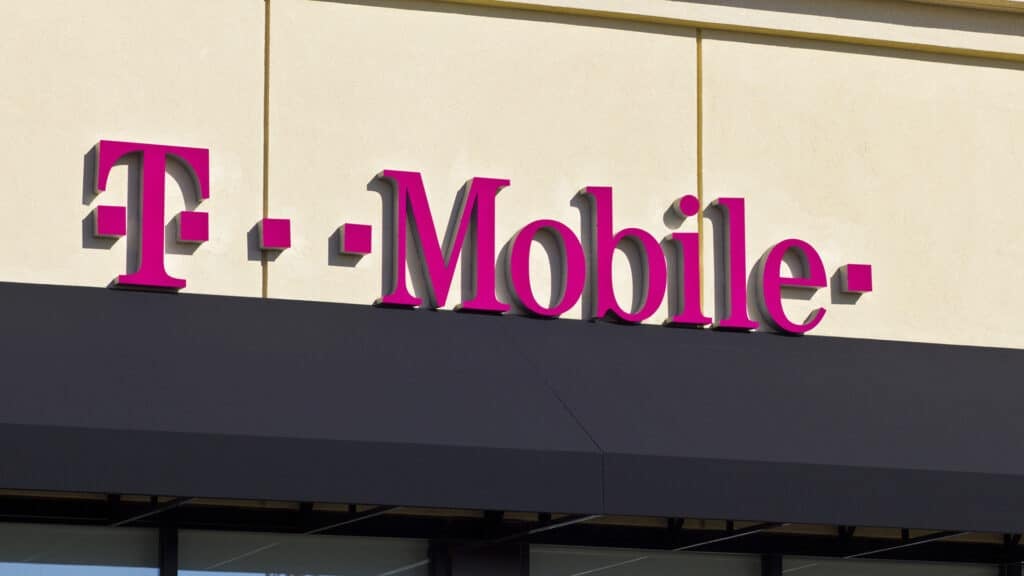The News: Alphabet, the parent company of Google, announced Q2 earnings earlier this week, and the results highlighted strong growth in the cloud business unit. The full earnings press release is on the Alphabet website.
By the numbers:
- Earnings: $1.44 per share versus $1.34 per share, adjusted, estimated by Refinitiv
- Revenue: $74.6 billion versus $72.82 billion estimated by Refinitiv
The company also reported the following figures:
- YouTube ads: $7.67 billion versus $7.43 billion, estimated by StreetAccount
- Google Cloud: $8.03 billion versus $7.87 billion, estimated by StreetAccount
- Traffic acquisition costs: $12.54 billion versus $12.37 billion, estimated by StreetAccount
- Q2 revenue rose 7% to $74.6 billion from $69.7 billion in 2Q 2022
Alphabet’s Impressive Q2 Results Surpass Expectations, Driven by Advertising and Cloud Growth
Analyst Take: Alphabet, the parent company of Google, has outperformed expectations in its Q2 earnings results, buoyed by robust advertising revenue from its Google search and YouTube businesses. The company’s earnings per share (EPS) of $1.44 and a revenue increase of 7% to $74.6 billion showcase its resilience in the face of economic challenges.
Google’s search revenue saw a substantial increase of nearly 5%, while ad revenue from YouTube grew 4%, reflecting the platform’s popularity among advertisers and end users alike. Furthermore, Alphabet’s Google Cloud business witnessed a significant uptick, reporting a record operating income of $395 million compared to an operating loss of $590 million in the same quarter last year.
The positive trajectory of Alphabet’s revenue growth has continued for two consecutive quarters, signaling its ability to adapt and thrive in the ever-changing digital landscape. With CFO Ruth Porat assuming the newly-created role of chief investment officer, Alphabet remains steadfast in its pursuit of continuous growth and innovation.
Google Cloud
Google Cloud Platform has always lagged behind AWS and Azure in terms of market adoption, but based on the recent numbers and the prevailing trend of AI adoption across enterprise IT, this could be set to change. Alphabet CEO Sundar Pichai highlighted that more than 70% of generative AI startups, including players such as Cohere, Jasper, and Typeface, depend on Google’s cloud infrastructure and AI capabilities, indicating a strong interest in next-generation technology among emerging companies aiming to develop novel services utilizing Google Bard and other models.
While the market for AI-fueled startups is frothy and still somewhat nascent, if this early trend continues, this will be a leading indicator for AI adoption and a good signal for future revenue growth for Google Cloud Platform going forward.
Looking Ahead
Alphabet’s Q2 2023 earnings call shed light on the remarkable uptake of generative AI across the company’s cloud and product ecosystem. CEO Sundar Pichai’s emphasis on the fact that over 70% of generative AI startups rely on Google’s cloud infrastructure and AI capabilities reflects the growing interest in next-gen technology among emerging companies seeking to leverage Google Bard and other models.
Google Cloud’s commitment to supporting startups by providing access to resources like the Vertex AI platform, advanced Tensor Processing Unit (TPU) chips, and an extensive library of pretrained AI models is accelerating development and driving the division’s impressive growth, with Q2 revenue soaring 28% to $8 billion.
Moreover, the integration of generative AI within Google’s products, including Search and productivity tools in Workspace, amplifies their capabilities. On the advertising front, generative AI enhances creatives, optimization, and campaign management for millions of Google’s advertising customers. Prominent products like Bard conversational AI and Duet in Workspace are experiencing strong adoption, and Alphabet is strategically channeling resources into developing its most promising AI applications.
The significant investments in generative AI underscore its growing significance in the tech industry. This is just the beginning, and we can anticipate even more widespread adoption of generative AI in the years ahead. Google’s expanding generative AI offerings are broadening its market reach and attracting new customers, while the positive impact on its cloud and advertising businesses further validates the transformative potential of AI in driving innovation and progress.
The Futurum Group’s Chief Analyst, Daniel Newman, joined Caroline Hyde to weigh in on earnings results from Google’s parent Alphabet, as well as the overall market for artificial intelligence technology. He speaks on “Bloomberg Technology.” (Source: Bloomberg)
Disclosure: The Futurum Group is a research and advisory firm that engages or has engaged in research, analysis, and advisory services with many technology companies, including those mentioned in this article. The author does not hold any equity positions with any company mentioned in this article.
Analysis and opinions expressed herein are specific to the analyst individually and data and other information that might have been provided for validation, not those of The Futurum Group as a whole.
Other insights from The Futurum Group:
Tech Giants and White House Join Forces on Safe AI Usage
Google Cloud Engineering Exec: Welcome to Generative Engineering








